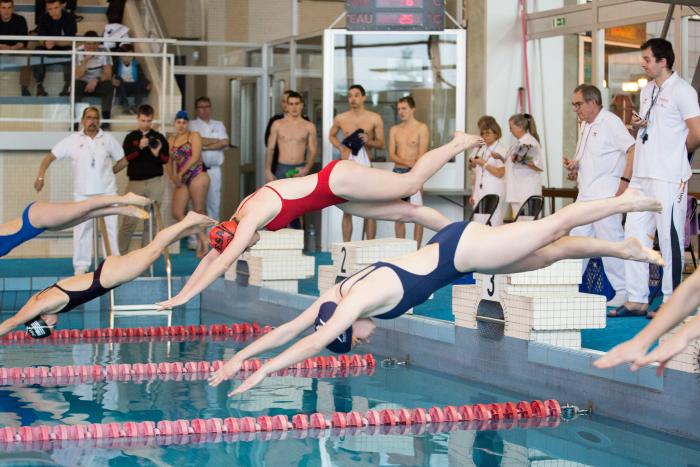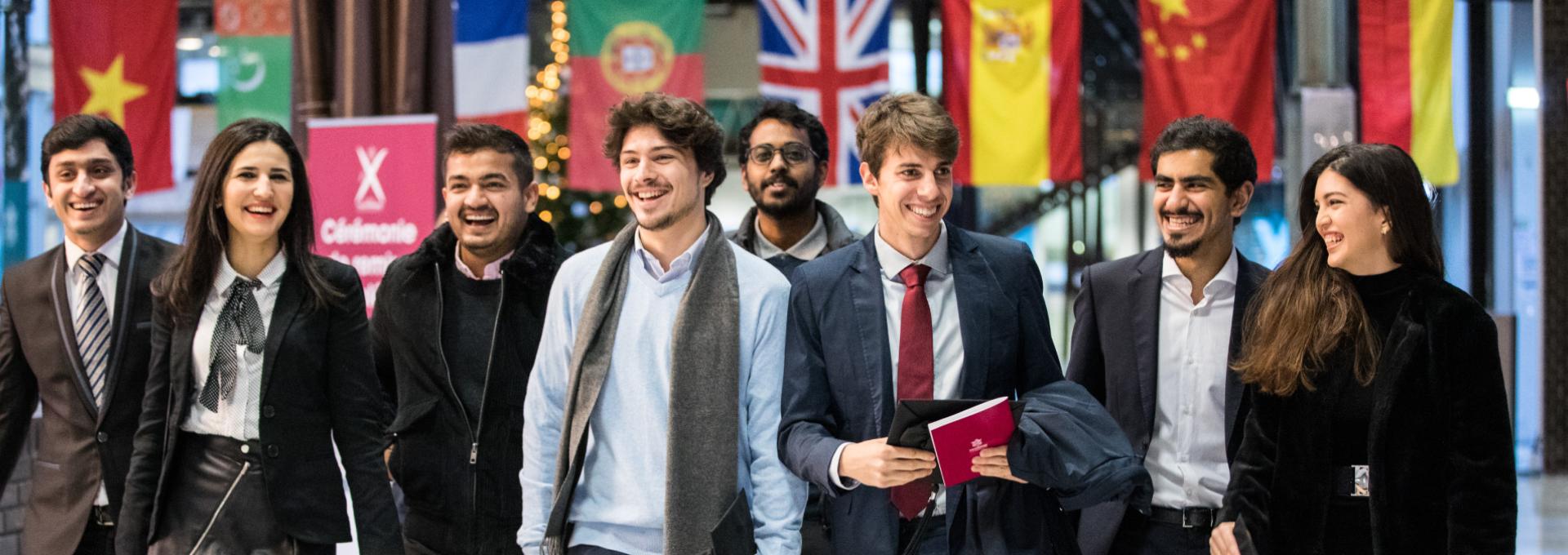Please note this list is indicative of the structure of the degree and may be subject to change.
The program is taught exclusively in English and offered on a full-time basis only.
Upon completion, graduates receive a master’s degree in their chosen engineering field.
Based on a workload of 140 ECTS, the program is structured as follows :
- Science & Engineering (incl. core courses and electives) – 48 to 56 ECTS credits
- Business, Management of Technological Innovation & Entrepreneurship - 12 to 16 ECTS credits
- Humanities and Languages –12 to 16 ECTS credits
- Individual and team project work – 12 ECTS credits
- Research project/internship/work placement or in-company project – 40 ECTS credits
- Sports activities –4 to 8 ECTS credits
* 1 ECTS credit represents 25 to 30 hours of work (in and out of classrooms).Each module has a workload requirement (assignments and independent study) of 2 hours per ECTS.
↑ Our alumni speak about what makes the MSc&T Program so unique!
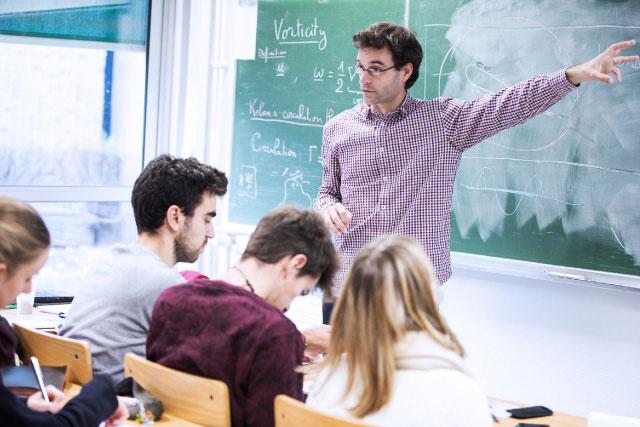
All our academic departments work closely together to develop specializations that integrate perspectives from a very wide range of science and engineering fields. For example, our specialization in Energy and Environment is offered jointly by the Departments of Mechanics and Physics with the collaboration of the Departments of Applied Mathematics, Economics, and Humanities.
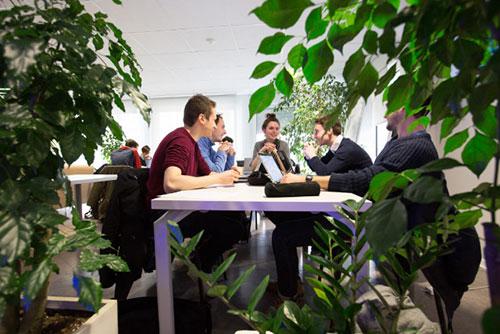
As part of the degree requirements, you will carry out an interdisciplinary project, in groups of four to six students, under close faculty supervision, either for a full academic year or over a six-month period. You will develop skills in teamwork, leadership, communication, and resource planning. The topics for these projects are chosen by the students and may be carried out in collaboration with one of our research center laboratories, an external research organization, or a company.
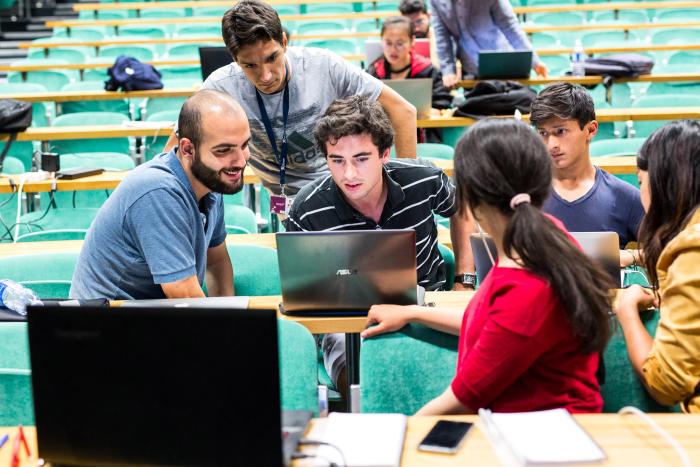
The curriculum includes compulsory modules in Humanities and Languages. You will have the opportunity to choose from topics such as Philosophy, Sociology, Political Science, Literature, Art History, etc, and to learn foreign languages (including Arabic, Chinese, English, German, Italian, Japanese, Portuguese, Russian, and Spanish). French as a Foreign Language (FLE) classes are provided for international students whose native language is not French.
As sport is part of the requirements for the completion of your degree, attendance is compulsory.
This course gives you the opportunity to discover and play multiple sports. It includes two hours of practice per week (during term 1 and 2) and no competition participation. Six of the following sports will be offered: handball, volleyball, basketball, soccer, rugby, badminton, martial arts, swimming, rowing, ultimate, orienteering, cardio and strength training, climbing. Further information is provided during orientation week in September by the Office for Physical Education (Bureau de la Formation Sportive – BFS).
MEDICAL EXEMPTION REQUEST: You may be exempted from playing sport if you can provide a medical exemption certificate from your doctor. This document must be submitted before or during orientation week. In order to validate the Sport module for the award of the degree, exempt students are required to write up a 20-page dissertation on a sport-related topic. The choice of topic is determined with the Office for Physical Education (Bureau de la Formation Sportive – BFS) once the medical exemption request is validated.
